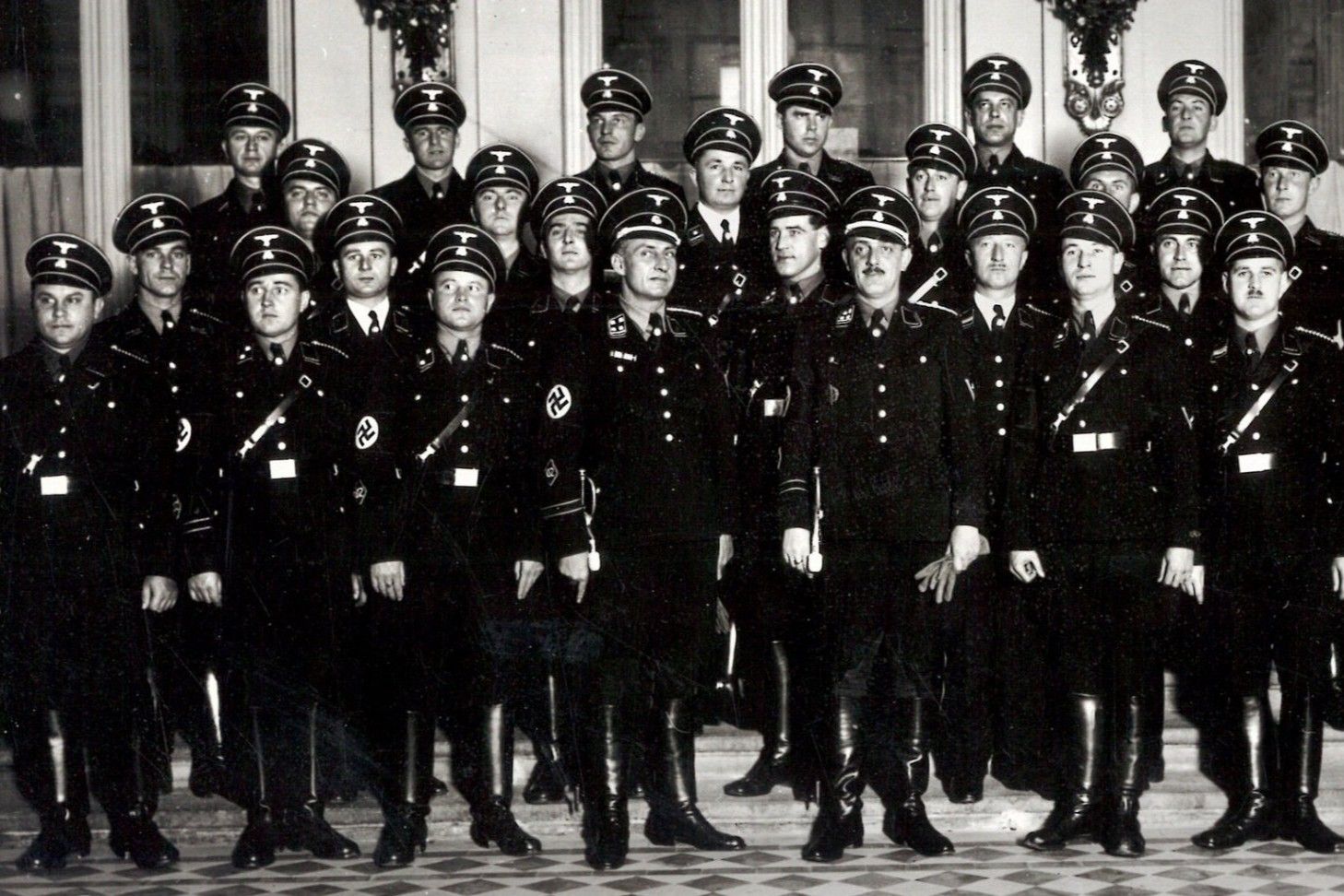
What was the Gestapo? The Gestapo, short for Geheime Staatspolizei, was Nazi Germany's secret police force. Formed in 1933, it played a crucial role in enforcing the regime's oppressive policies. Known for its brutal methods, the Gestapo targeted political opponents, Jews, and anyone deemed a threat to Nazi ideology. They operated without judicial oversight, making arrests, conducting interrogations, and using torture to extract information. Heinrich Himmler, head of the SS, oversaw the Gestapo, ensuring its alignment with Nazi goals. Their actions contributed significantly to the climate of fear and repression in Germany and occupied territories during World War II. Understanding the Gestapo's role provides insight into the mechanisms of totalitarian control and the human rights abuses of that era.
Origins of the Gestapo
The Gestapo, short for Geheime Staatspolizei, was the official secret police of Nazi Germany. It played a crucial role in enforcing the regime's policies and eliminating opposition.
-
The Gestapo was founded in 1933. Hermann Göring established it in Prussia, and it quickly expanded across Germany. Initially, it was part of the Prussian police force.
-
Heinrich Himmler took control in 1934. Himmler, head of the SS, centralized the Gestapo under his command, making it a key tool for Nazi repression.
Methods and Operations
The Gestapo was notorious for its brutal methods and extensive surveillance. It operated with almost unlimited power, instilling fear throughout Germany.
-
The Gestapo used informants extensively. Ordinary citizens were encouraged to report suspicious activities, creating a climate of mistrust and paranoia.
-
They had the power of "protective custody." This allowed them to arrest and detain individuals without trial, often sending them to concentration camps.
Role in the Holocaust
The Gestapo played a significant role in the Holocaust, targeting Jews, political dissidents, and other groups deemed undesirable by the Nazi regime.
-
The Gestapo coordinated deportations to concentration camps. They organized the rounding up of Jews and other victims, facilitating their transport to extermination camps.
-
They conducted mass arrests during Kristallnacht. On November 9-10, 1938, the Gestapo arrested thousands of Jews during the violent pogrom known as the Night of Broken Glass.
Post-War Consequences
After World War II, the Gestapo's crimes were exposed, and its members faced justice for their actions.
-
The Nuremberg Trials prosecuted Gestapo officials. Many high-ranking members were tried for war crimes and crimes against humanity, leading to convictions and executions.
-
The Gestapo was declared a criminal organization. The Allied powers recognized the Gestapo's role in Nazi atrocities, officially labeling it as a criminal entity.
Final Thoughts on the Gestapo
The Gestapo was more than just a secret police force; it was a symbol of terror and oppression during Nazi Germany. Their methods were brutal, their reach extensive, and their impact devastating. Understanding the Gestapo's role helps us grasp the extent of the Nazi regime's control and the suffering it caused. It's a stark reminder of the dangers of unchecked power and the importance of human rights. Learning about this dark chapter in history isn't just about remembering the past; it's about ensuring such atrocities never happen again. The Gestapo's legacy is a chilling testament to what can occur when fear and power go hand in hand. By studying these facts, we honor the victims and reinforce our commitment to justice and freedom.
Was this page helpful?
Our commitment to delivering trustworthy and engaging content is at the heart of what we do. Each fact on our site is contributed by real users like you, bringing a wealth of diverse insights and information. To ensure the highest standards of accuracy and reliability, our dedicated editors meticulously review each submission. This process guarantees that the facts we share are not only fascinating but also credible. Trust in our commitment to quality and authenticity as you explore and learn with us.
